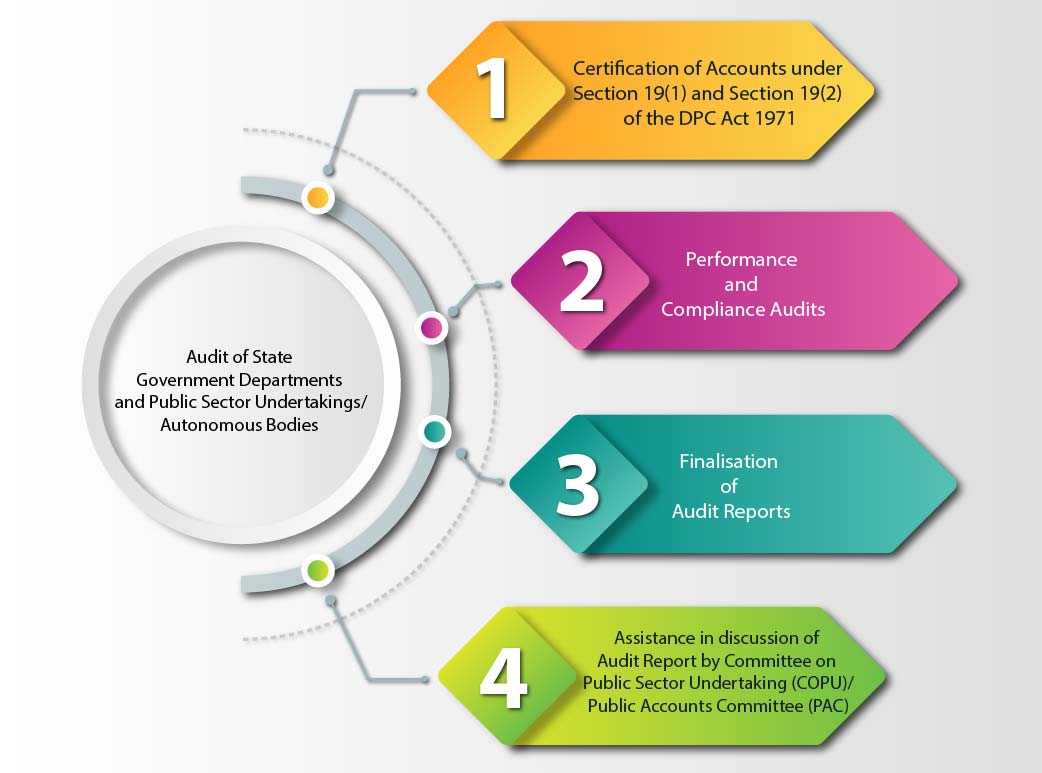Context:
Recently, Comptroller and Auditor General (CAG) of India has signed a Memorandum of Understanding (MOU) with the Indian Institute of Technology (IIT) Madras. This partnership aims to leverage digital technologies and build the capacity of auditors to handle digital data more effectively while addressing critical issues such as data security and cybersecurity.
Objectives of the MOU
The primary goal of this collaboration is to enhance the auditing process through the adoption of cutting-edge digital technology. The MOU focuses on creating protocols for conducting digital audits and developing methods for remotely assessing institutions that generate vast amounts of digital data.
By utilizing the expertise of IIT Madras in the field of digital technology, the CAG seeks to equip its auditors with the necessary tools and knowledge to assess digital data securely and efficiently.
This is expected to lead to more transparent, accurate, and timely audits, especially in government departments and public sector institutions that deal with large volumes of digital information.
Areas of Focus
The partnership between the CAG and IIT Madras will focus on several key areas critical for the future of auditing in India:
1. Developing Protocols for Digital Audits: One of the central aims is to create standardized protocols and guidelines for performing digital audits. This includes procedures for handling digital data, evaluating the integrity of such data, and ensuring that audits are comprehensive and transparent.
2. Ensuring Job Effectiveness: With the advent of digital systems, auditors need to be equipped with the right tools and techniques to ensure their work remains effective.
3. Cybersecurity Measures: As more data moves online, the threat of cyber-attacks and data breaches increases. This partnership places a significant emphasis on building robust Cybersecurity measures to protect sensitive government and institutional data during the auditing process.
4. Updating Manuals for Auditing Entities: The CAG and IIT Madras will work together to update and revise auditing manuals to reflect the realities of digital data. Enhancing Data Security and Digital Infrastructure
About CAG:
The CAG is an independent constitutional authority responsible for auditing the receipts and expenditures of the Central Government, State Governments, and other bodies funded by the government. It ensures financial accountability and transparency in government operations.
The CAG is established under the article 148 of the Constitution of India. It is a Constitutional Body that plays a vital role in the financial administration of the country.
Functions of the CAG:
The CAG's key functions include:
- Auditing the finances of the Union, States, and UTs.
- Ensuring accountability in financial administration.
- Conducting audits of various government accounts, including receipts, expenditures, and public undertakings.
Conclusion
The MOU between the Comptroller and Auditor General (CAG) and IIT Madras represents a forward-thinking approach to enhancing auditing capabilities in the digital age. As digital data becomes increasingly integral to governance, this collaboration will ensure that audits remain effective, secure, and aligned with modern technological advancements. The long-term result will be a more transparent and efficient auditing process, ultimately benefiting the public and ensuring greater accountability in government operations.








